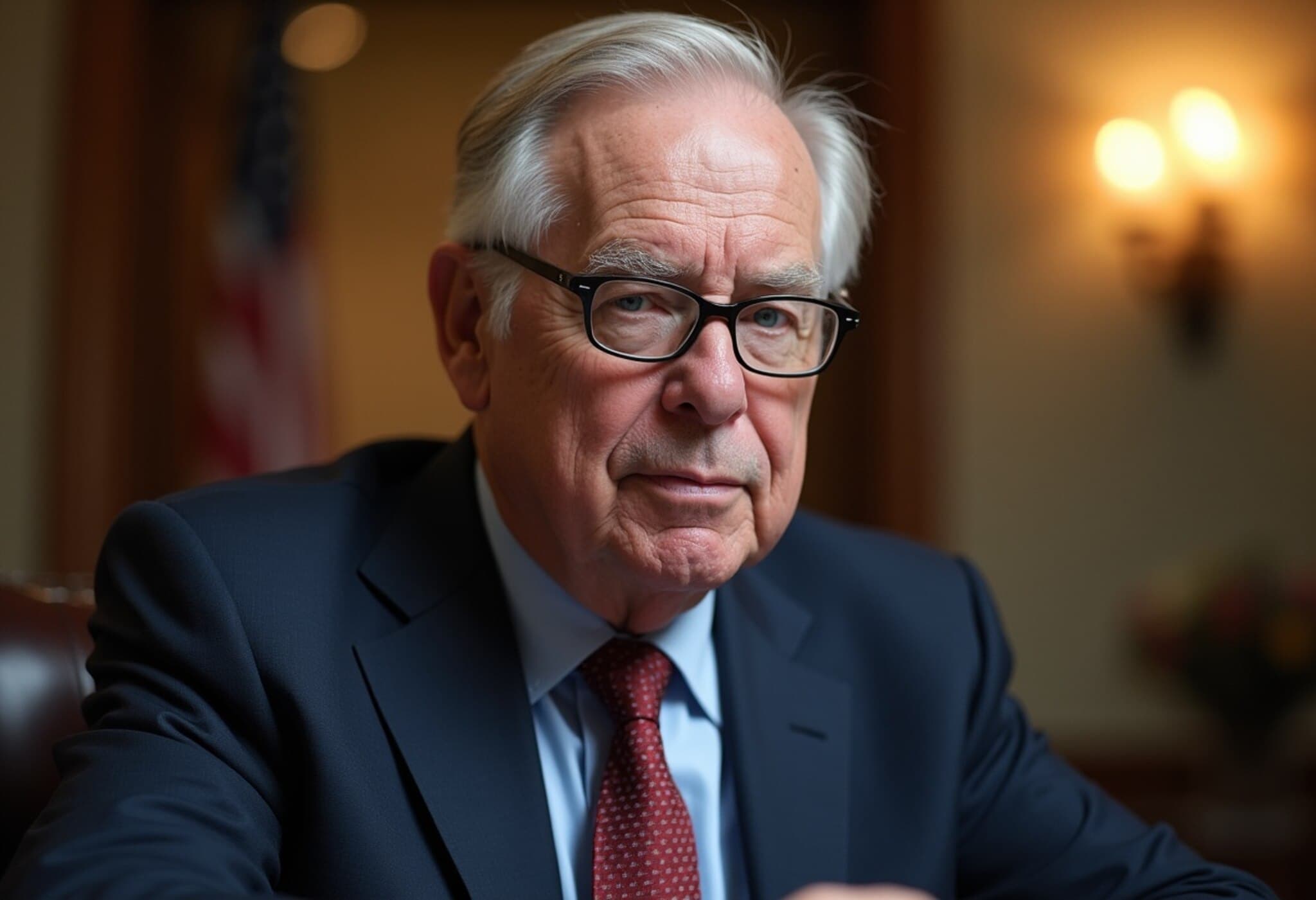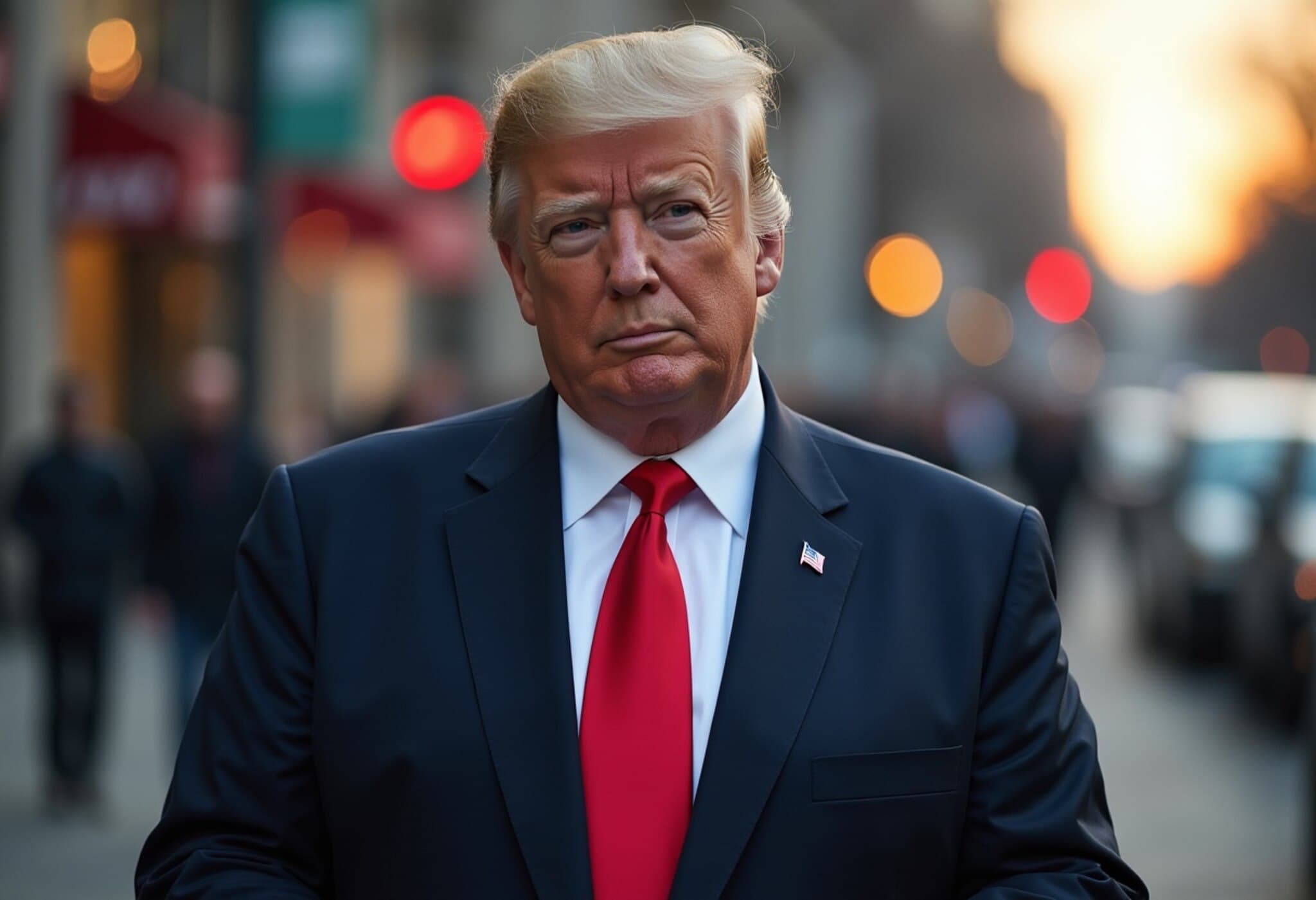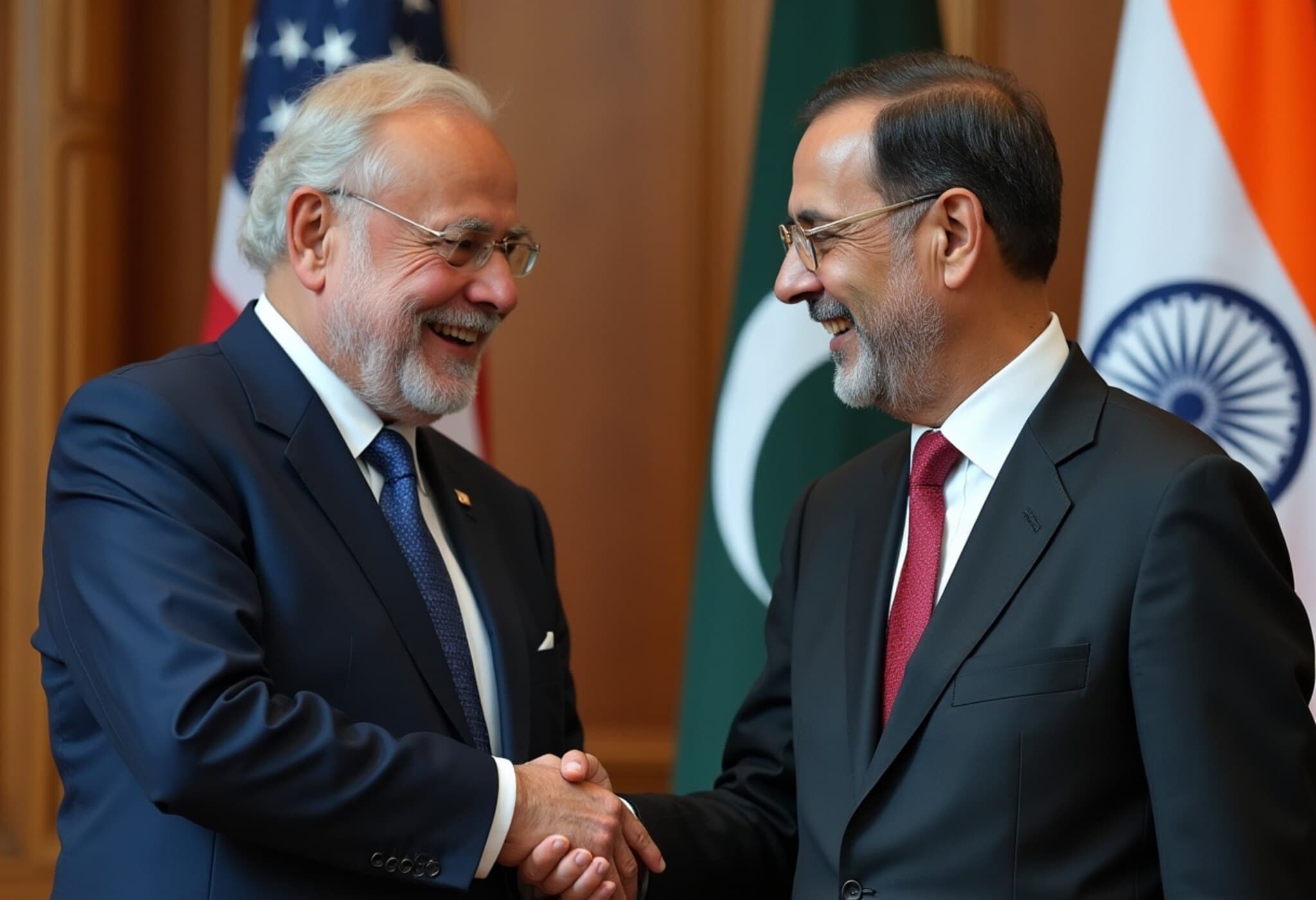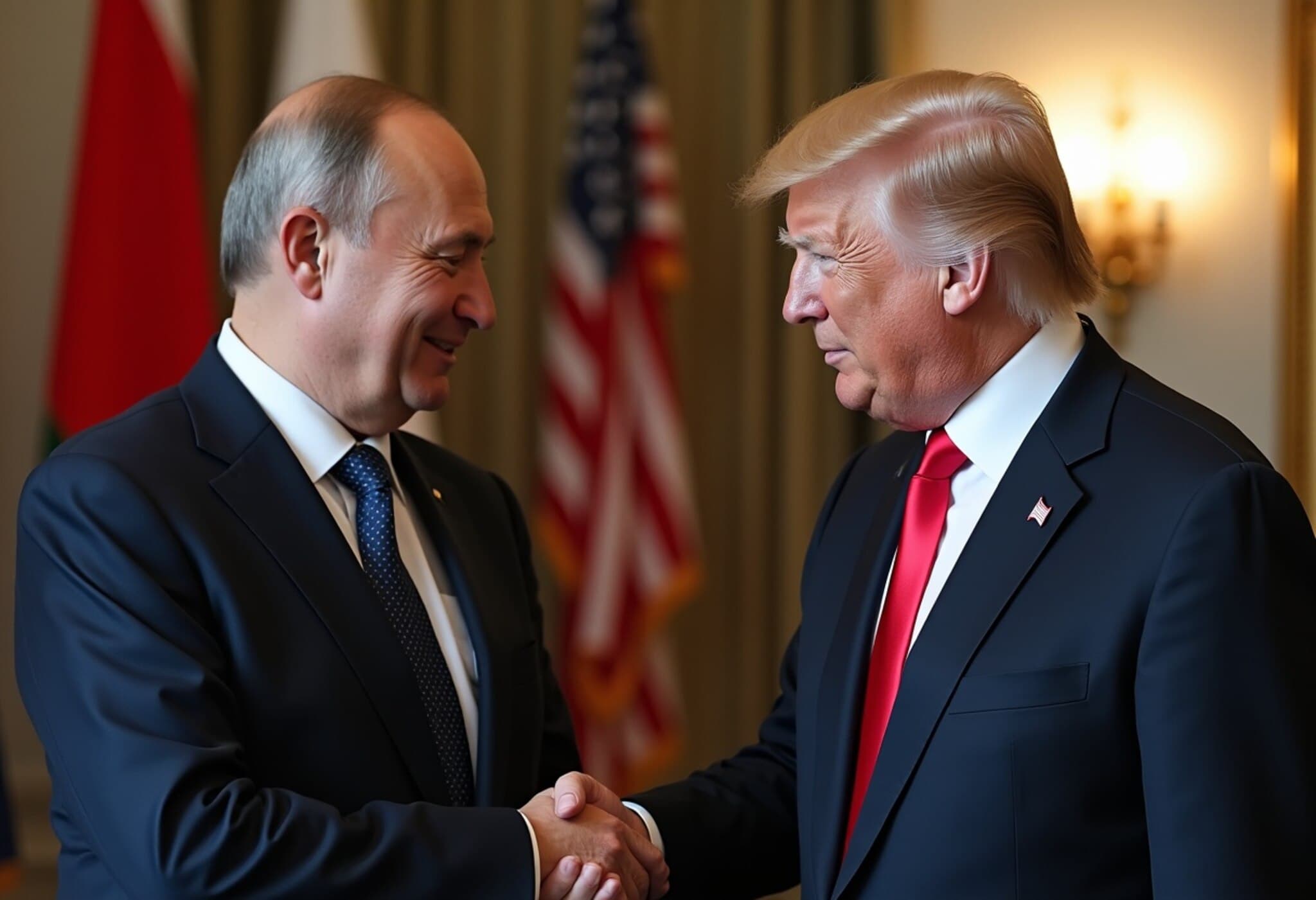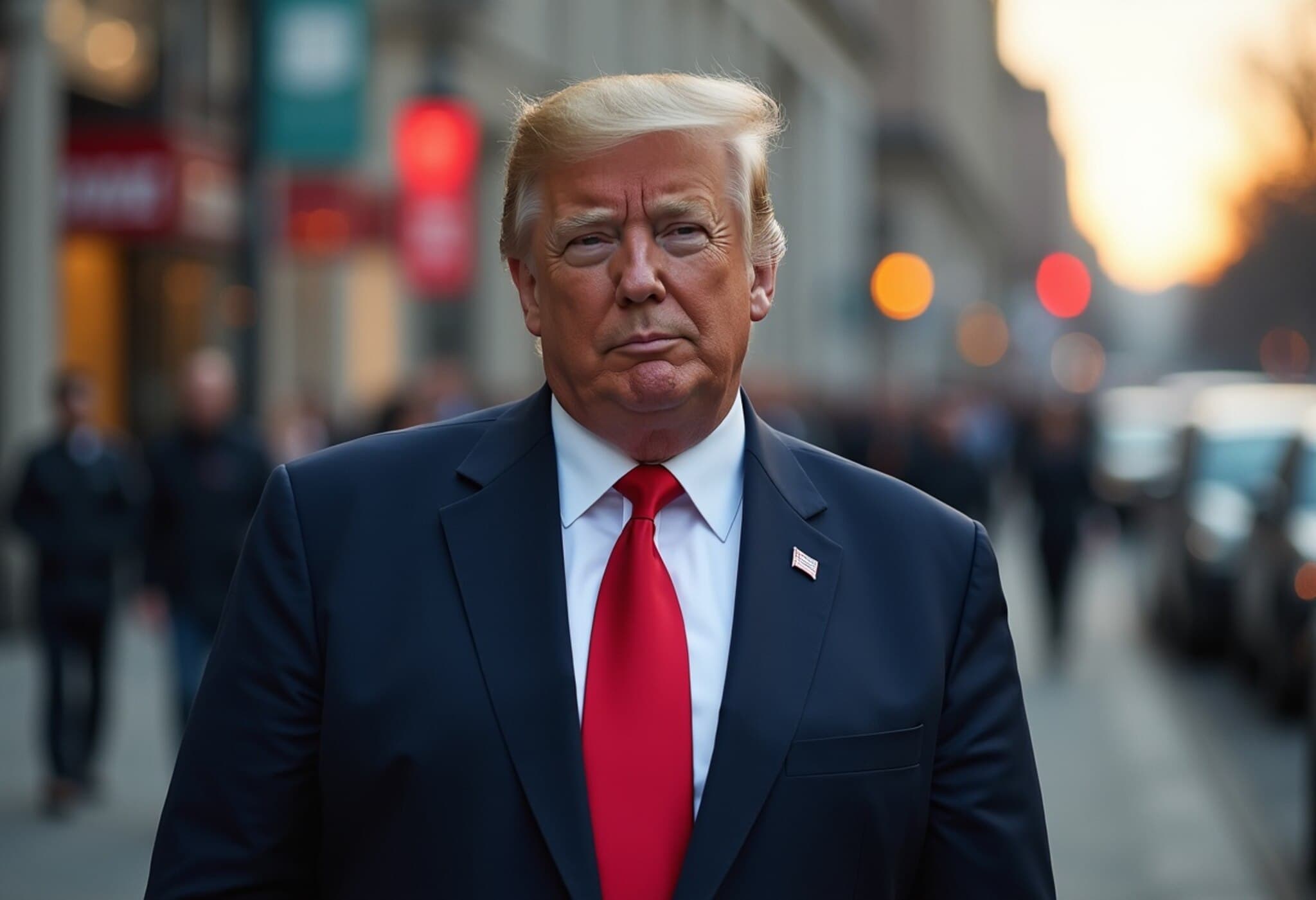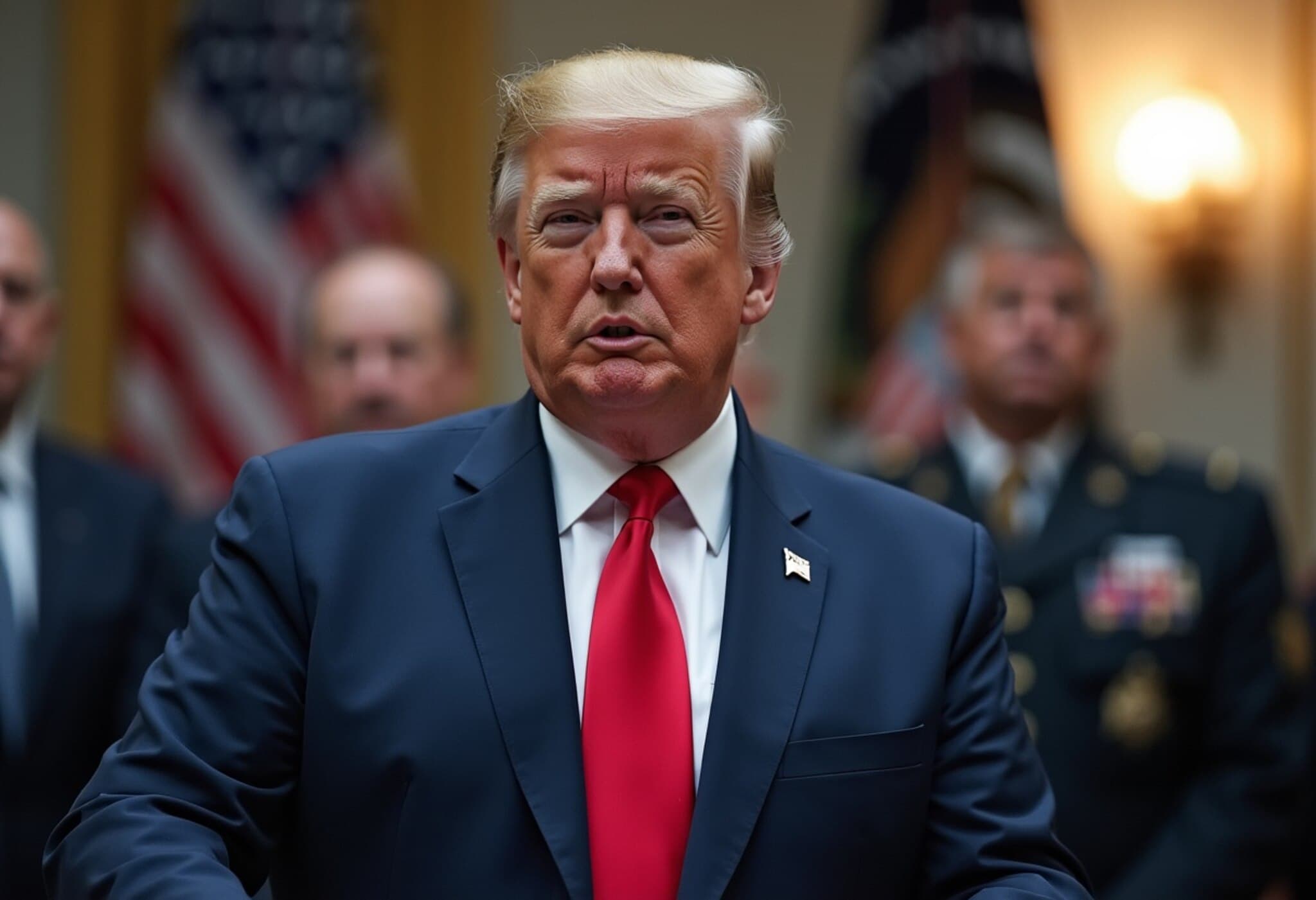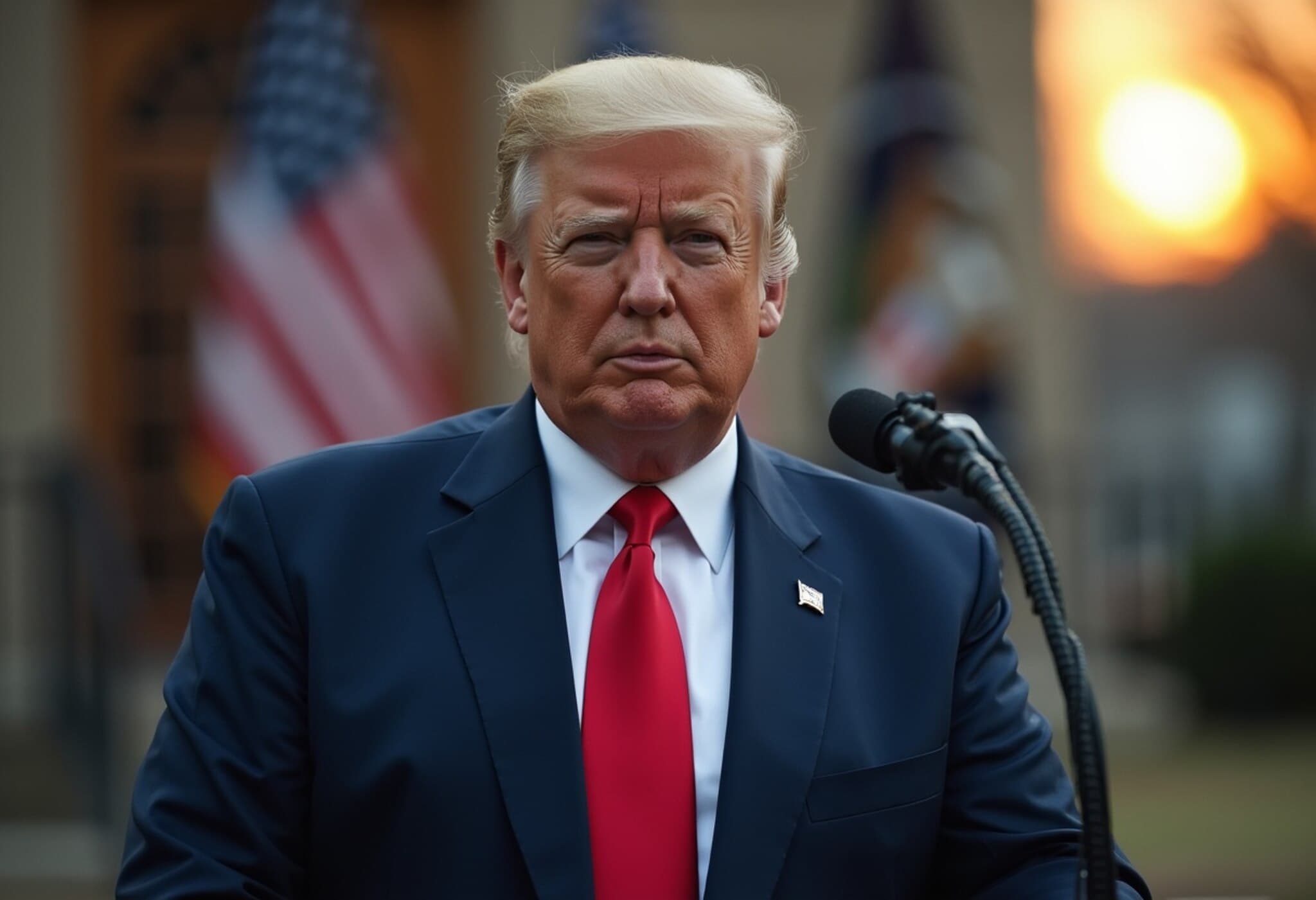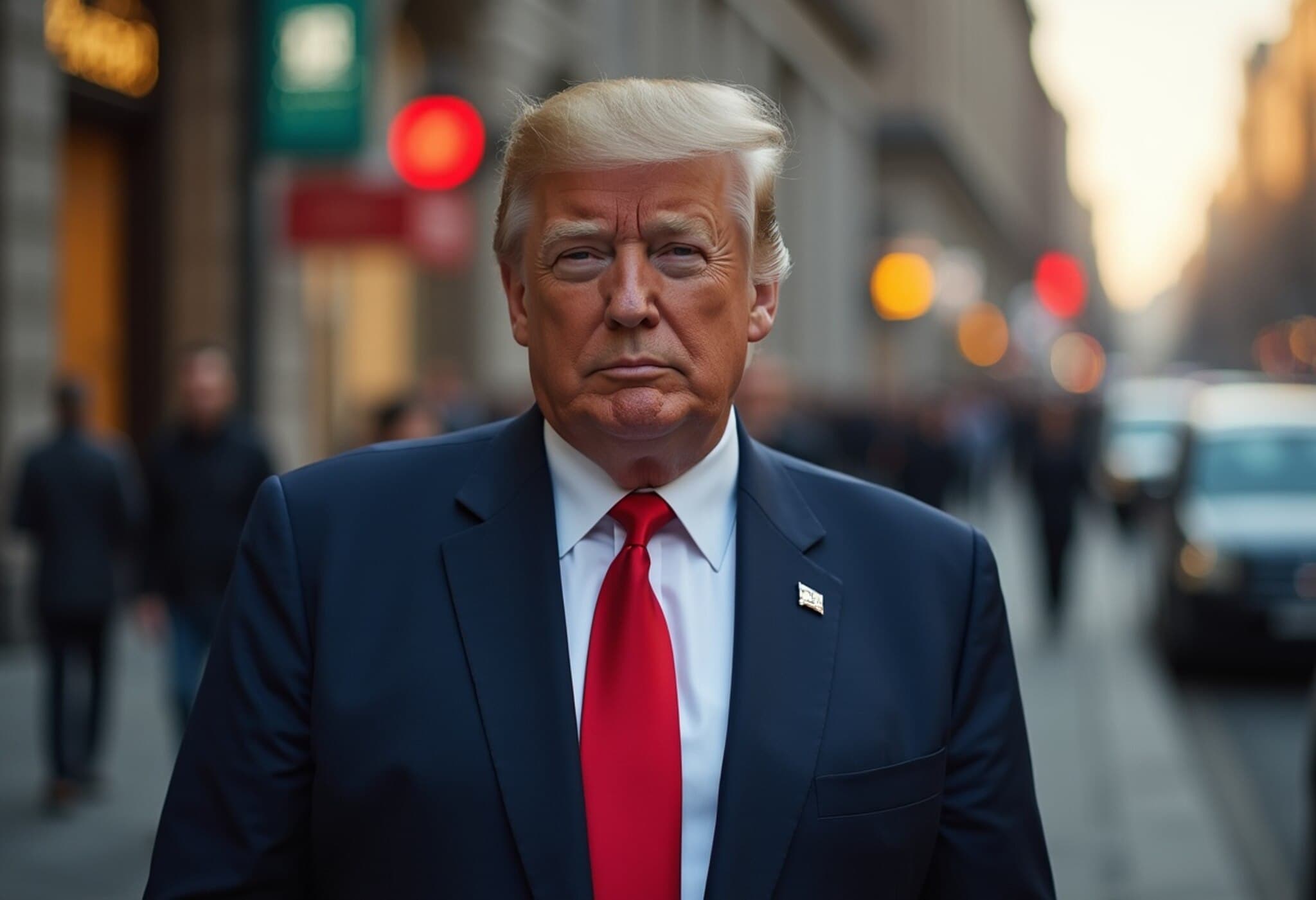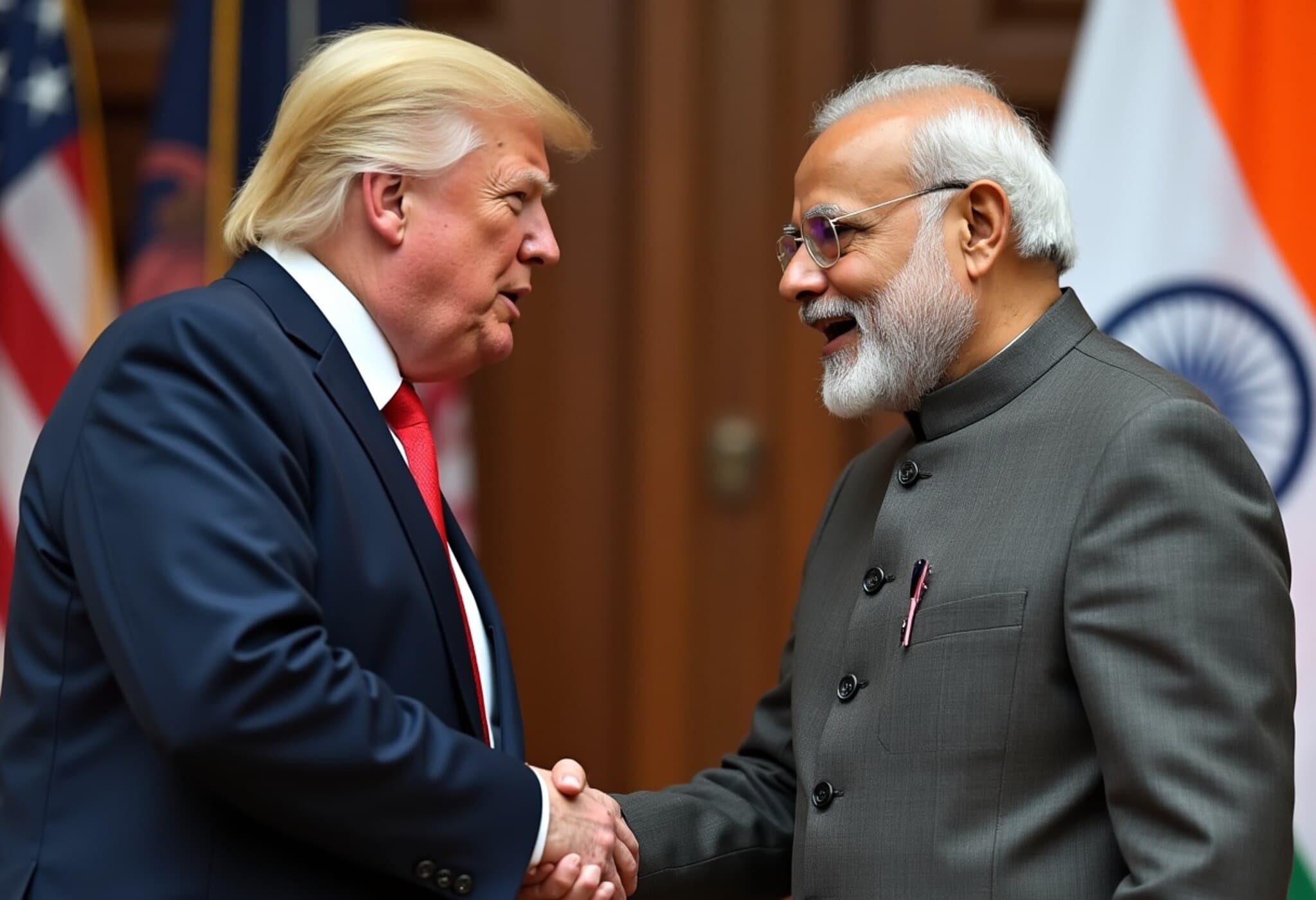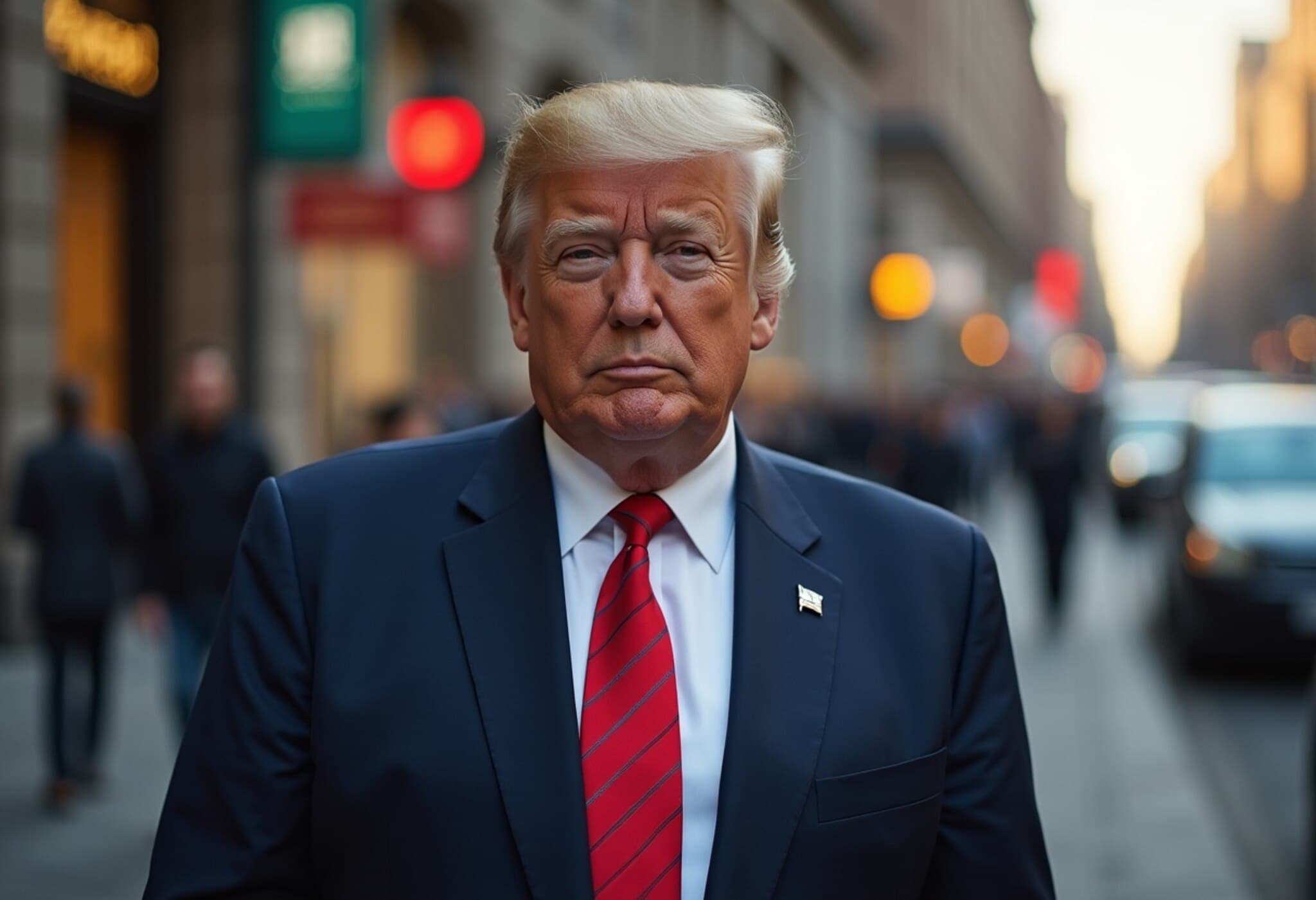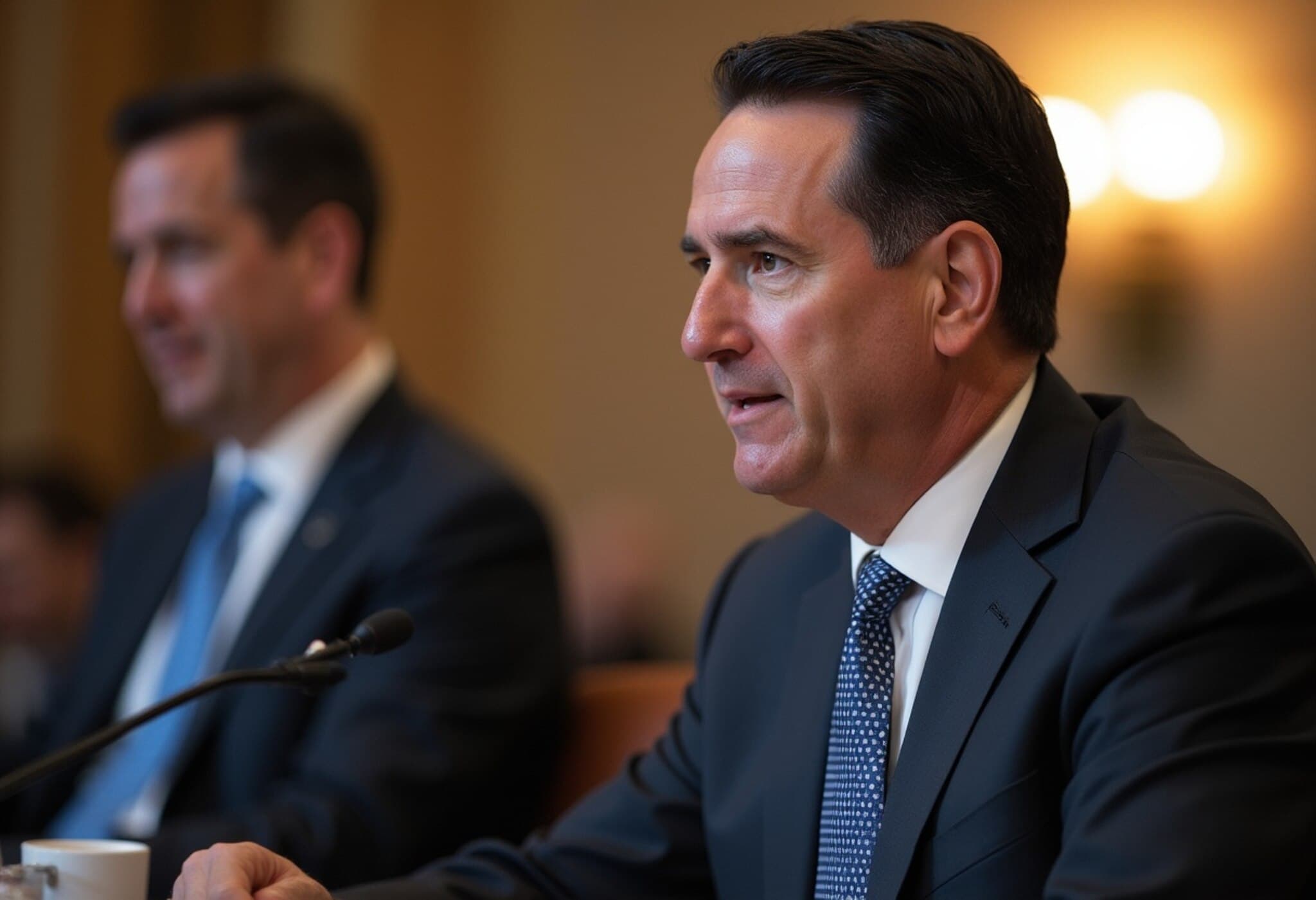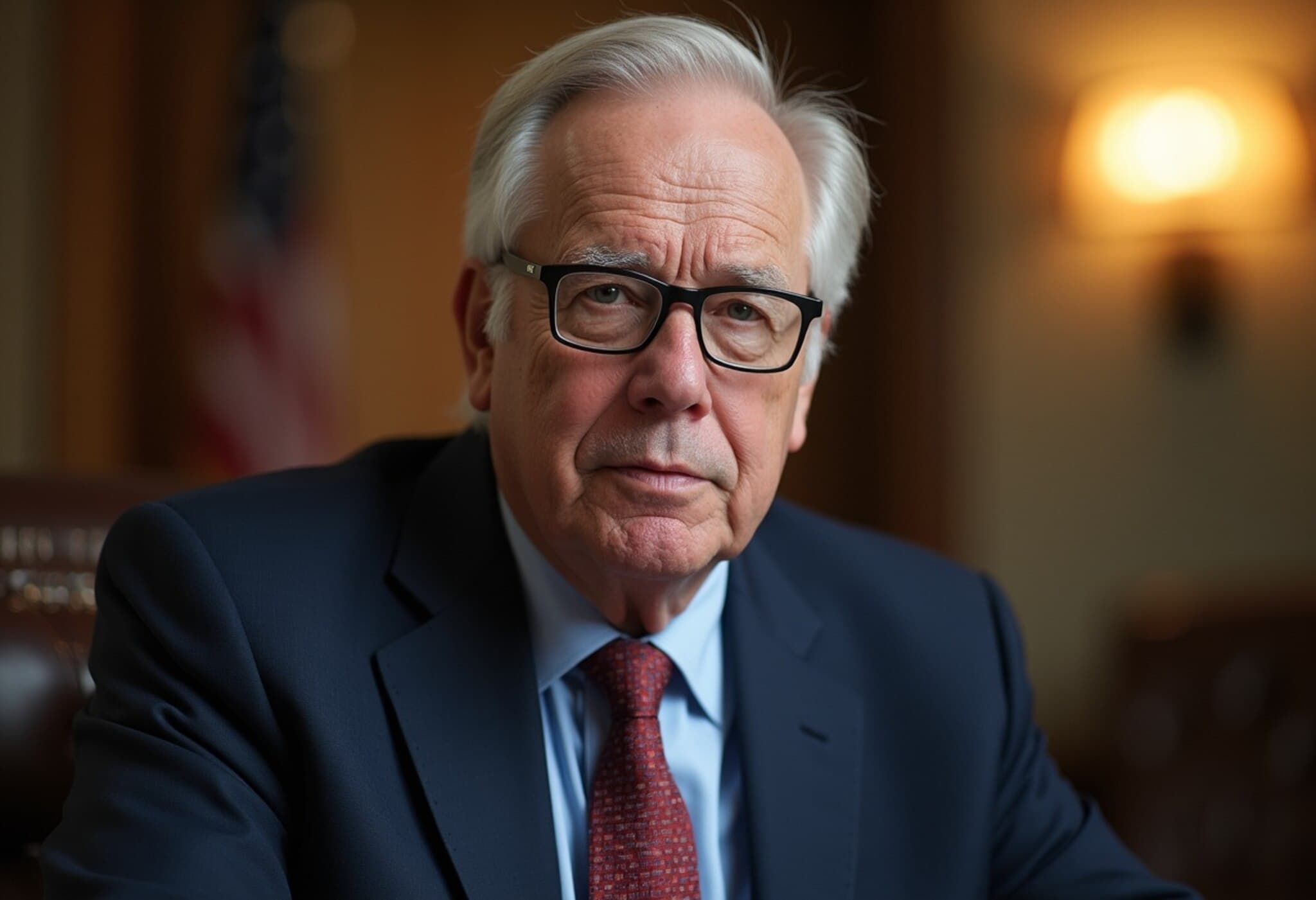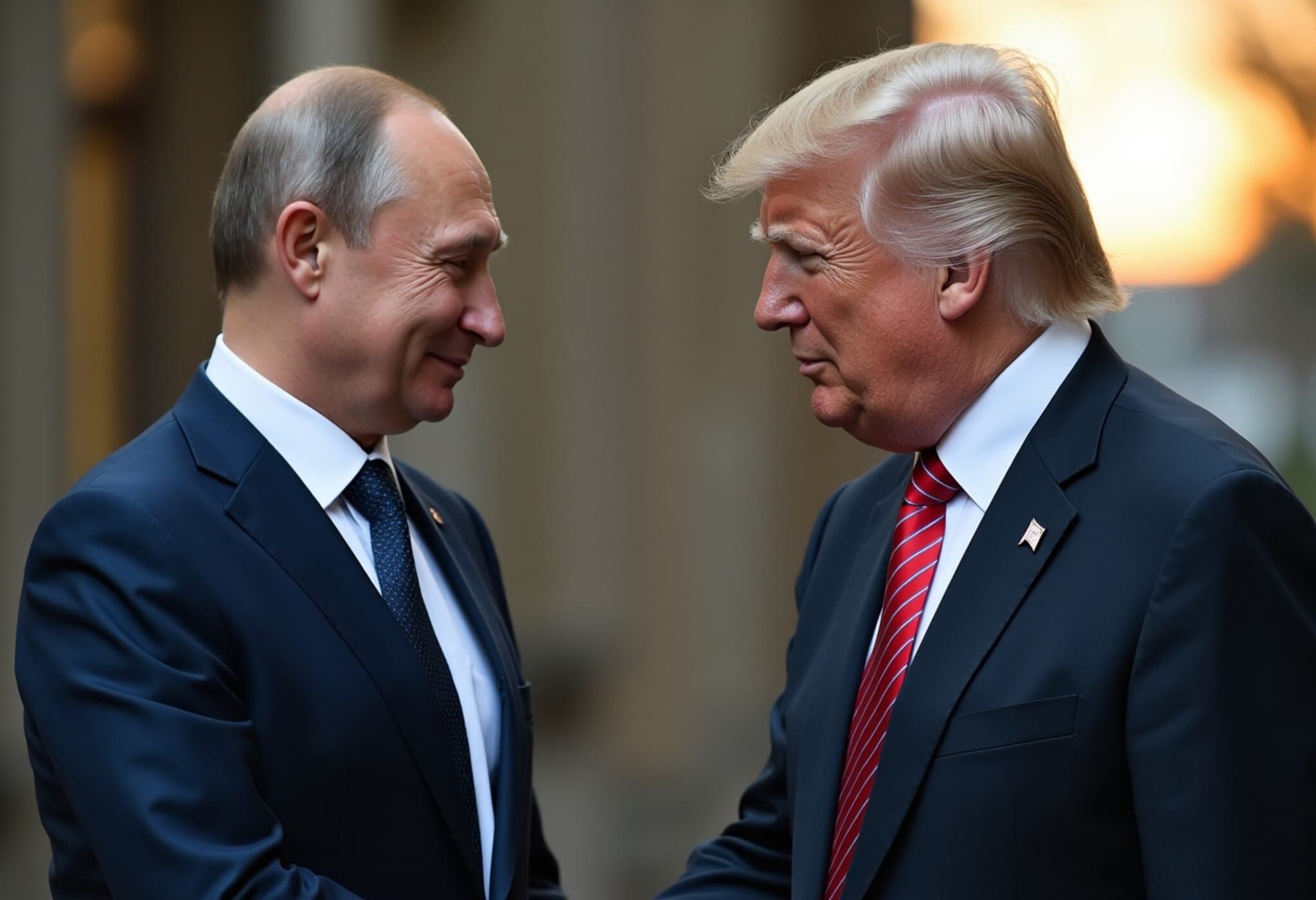Former NSA John Bolton Slams Trump’s Tariffs on India as a Strategic Blunder
In a sharp critique of former President Donald Trump’s trade policies, John Bolton, who served as National Security Advisor during Trump’s first term, has voiced serious concerns over the imposition of steep tariffs on India. Bolton argues that these trade measures risk undermining decades of American diplomatic efforts to realign India away from its traditional partners, Russia and China.
Tariffs May Backfire, Pushing India Closer to Russia and China
Describing the 50% tariffs on Indian goods as an “enormous mistake,” Bolton warns that rather than weakening Russia, these measures could paradoxically strengthen Moscow’s ties with New Delhi. In a recent interview with CNN, he pointed out that the tariffs ostensibly designed to penalize India for purchasing Russian oil might drive India and Russia – alongside China – towards a more united front against US interests.
"Trump's tariffs against India are intended to hurt Russia but could push India closer to Russia and China in opposition to these tariffs," Bolton stated bluntly.
Inconsistent Trade Strategy Risks US Credibility
Bolton further highlighted the contradictory nature of Trump’s trade approach. While the US administration has enforced a combined 50% tariff on India (25% extra on Russian oil imports and an additional 25% on Indian goods), it has simultaneously been comparatively lenient towards China. Despite a brief trade war in April and tariffs currently standing at 30% on Chinese imports, the Biden administration signaled possible extensions of tariff reprieves pending negotiations.
In an opinion piece for The Hill, Bolton cautioned that such leniency towards Beijing reflects a strategic sacrifice by the United States, driven by a “zeal for a deal” with Chinese President Xi Jinping. He expressed concerns that this approach risks eroding long-standing trust and confidence built over decades, exchanging it for minimal economic benefit at best, and potentially severe geopolitical consequences.
Trade and Security: The Disconnect
Bolton has repeatedly emphasized that the Trump administration’s siloed handling of trade and national security issues fails to align with how nations like India perceive their bilateral relations. In a July interview with CNBC-TV18, he noted that India expects synergy between economic cooperation and strategic partnership. However, punitive trade sanctions threaten to strain this relationship just as Washington and New Delhi aim to boost cooperation to counter China’s growing assertiveness in Asia.
This growing trade friction juxtaposed with strategic necessity creates a complex diplomatic dynamic, where economic measures risk undermining broader security objectives.
India’s Firm Stance on Russian Oil Imports
Amid mounting US pressure, India has held firm on its decision to continue importing Russian oil, categorizing the US tariffs as “unfair and unreasonable.” This defiance reflects India’s need to balance its immediate energy requirements with geopolitical allegiances and serves as a reminder of the limitations of unilateral economic coercion.
Russia itself has condemned the US actions as illegal trade pressure, signaling solidarity with India ahead of President Trump’s anticipated meeting with Russian President Vladimir Putin.
Expert Insight: Implications for US-India-Russia Relations
From a policy analyst’s perspective, these developments raise critical questions about US foreign policy coherence. Economic sanctions and tariffs, while tools of diplomatic leverage, can produce unintended ripple effects that strengthen the very alliances they seek to weaken.
- Diplomatic Balance: The US must carefully calibrate economic measures so as not to alienate strategic partners like India, especially when China's influence looms large.
- Geopolitical Realities: India’s pragmatic relationship with Russia—particularly regarding energy—reflects broader geopolitical imperatives that tariffs alone cannot easily override.
- Trade-Security Nexus: Recognizing and integrating economic and security dimensions holistically is vital for sustaining long-term partnerships.
Editor’s Note
John Bolton’s critique brings to light the complex interplay of trade policy and geopolitical strategy. As the US seeks to counter China’s rising influence and recalibrate its alliances, the imposition of tariffs on India presents a double-edged sword — with economic measures potentially unraveling strategic gains. This situation underscores the urgent need for nuanced diplomacy that balances pressure with partnership. Readers are invited to reflect: how can nations align economic tools with broader foreign policy goals without undermining key alliances essential for regional stability?

